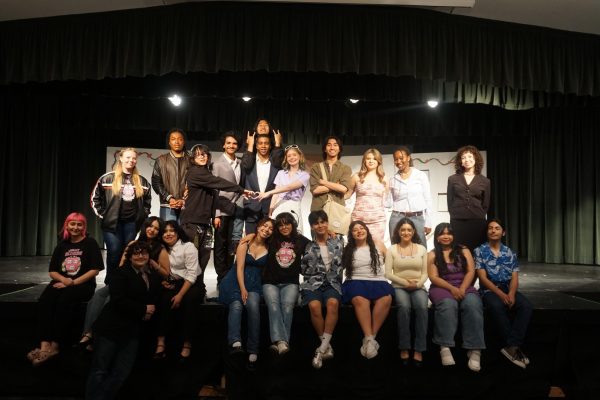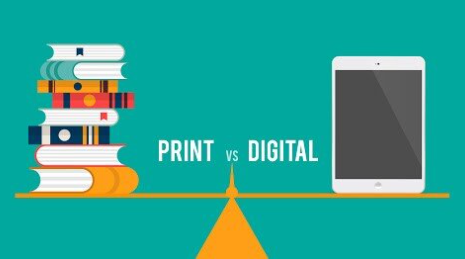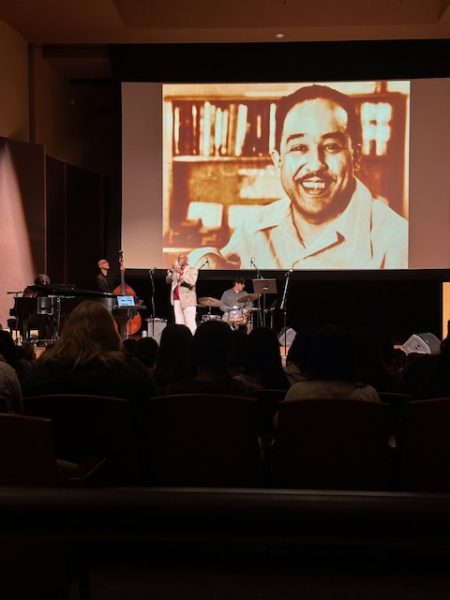Review: Can we change our mindset?
Peace in the midst of chaos
In 2019 a Netflix documentary was released in California, titled the Mind Explained. The first episode “How to Focus” teaches you how to focus, while displaying historical events from a psychological point of view. The episode included helpful information about why we might struggle with completing everyday tasks, how worldly distractions play a significant factor in it, and even the subject of medication. Watching the episode gave me a different perspective on happiness as well as what it could look like when our focus is shifted. The episode was entertaining to watch because of all of the facts that went into the episode. Not only does the episode provide insight into the scientific information that comes with mental health, but it provides inspiring stories from people who have struggled with focus on a personal level such as me. Watching the episode was like an unexpected rollercoaster because of the variety of subjects brought up.
The way the first episode plays out is different from other documentaries. Traditionally a documentary would tell a story. The Mind Explained presents you with a growing problem worldwide. The issue that comes about is we have a world full of a constant desire to be busy and we are not wired to multitask. Even computers are not wired to multitask, and when they are forced to, they go overdrive, which potentially happens to people as well. It’s important to look around once in a while and choose what we want to focus on and fill our time with.
The documentary mentions that in 1925 Hugo Gernsback created an isolation helmet to block out noises such as cars, doorbells, or people talking; that conflicted with his studies. He thought that a device would help him focus and alleviate the stress. Unfortunately, it did not work and the device was considered unethical. Realistically, nobody was able to wear a helmet per se in an office.
Besides helmets, people have been trying to figure out other ways to help with focus.
A woman in the episode talks about a time in college when she was having a very difficult time focusing. She started using an unprescribed drug that was meant for her friend. That one-time usage helped her write the paper she was worried about, which then led to addiction. The woman’s story was very inspiring because she cleaned her life up in the end and chose to focus on her happiness instead of relying on a drug. That prompted the question of whether medication is a “quick fix?” or whether it would help in the long run. Personally, I see two sides to medication. If people need medication to focus and live a balanced everyday life I support it, and if one can do it without medication and doesn’t necessarily need it then that is also fine. Everyone has a different mind for a reason, and it is important to utilize resources that are provided with caution and balance.
The Mind Explained is a great resource for people who want to learn more about how the brain functions and works, especially younger people who have many questions about their own personal mental health. The episode also teaches us progressive ways to work without feeling overwhelmed and consumed. Now it feels as if there is less time to enjoy activities outside with people and more opportunities for screens. The CDC says people between the ages of 15 and 18 spend 7.5 hours a day on a screen. This could be one reason that people make it easy to forget that there is so much beauty in the world. Taking a break from the fast pace of life could also be beneficial. The narrator, Julianne Moore mentions that people are most focused when they take up activities in the arts such as ceramics, sculpting, or drawing. I loved this section of the episode because the arts have always been an outlet for my happiness.
Watching the episode also made me question my own concentration techniques. Are there better ways I can study? I am a person that needs to use sticky notes on my laptop and thrives off an everyday schedule. After a while, the lists pile up and it gets harder to take on multiple tasks all at once. That is when constant burnout happens. The key lesson I grasped is not to drown in many tasks in one day but to create a structured day focused on the most important events or work going on first and leaving time for leisure. I loved how the episode debunked the theory that we cannot go back to a normal attention span and instead gives us hope that we can deal with mental discipline and patience. We grow individually once we learn how to enjoy ourselves and be present in the moment. A helmet is not going to solve the issue although, focusing on one goal at a time and working towards that goal can induce a chance for a peaceful lifestyle that one can be content with.
Your donation will support the student journalists of South Hills High. Your contribution will allow us to purchase equipment and cover our annual website hosting costs.

Hey, I’m Ashley! You might see me on the tennis courts, backstage, or doing work in the journalism room. I love setting goals for myself that will benefit...









